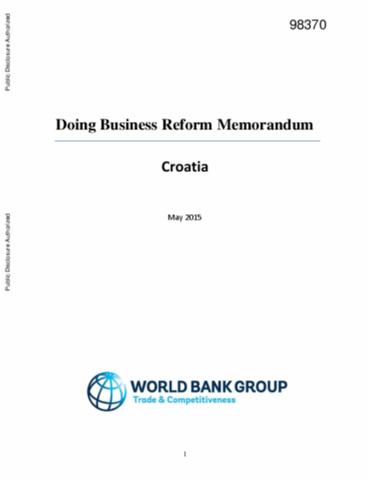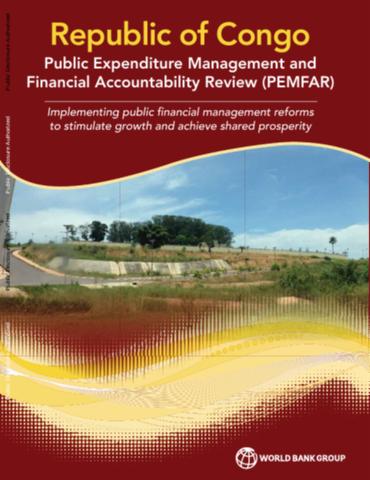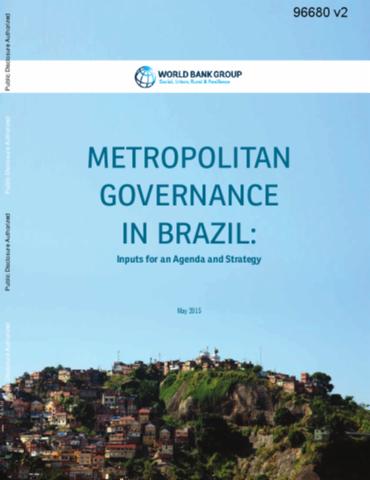The World Bank is a vital source of financial and technical assistance to developing countries around the world. We are not a bank in the ordinary sense but a unique partnership to reduce poverty and support development. The World Bank Group has two ambitious goals: End extreme poverty within a generation and boost shared prosperity.
- To end extreme poverty, the Bank's goal is to decrease the percentage of people living on less than $1.25 a day to no more than 3% by 2030.
- To promote shared prosperity, the goal is to promote income growth of the bottom 40% of the population in each country.
The World Bank Group comprises five institutions managed by their member countries.
The World Bank Group and Land: Working to protect the rights of existing land users and to help secure benefits for smallholder farmers
The World Bank (IBRD and IDA) interacts primarily with governments to increase agricultural productivity, strengthen land tenure policies and improve land governance. More than 90% of the World Bank’s agriculture portfolio focuses on the productivity and access to markets by small holder farmers. Ten percent of our projects focus on the governance of land tenure.
Similarly, investments by the International Finance Corporation (IFC), the World Bank Group’s private sector arm, including those in larger scale enterprises, overwhelmingly support smallholder farmers through improved access to finance, inputs and markets, and as direct suppliers. IFC invests in environmentally and socially sustainable private enterprises in all parts of the value chain (inputs such as irrigation and fertilizers, primary production, processing, transport and storage, traders, and risk management facilities including weather/crop insurance, warehouse financing, etc
For more information, visit the World Bank Group and land and food security (https://www.worldbank.org/en/topic/agriculture/brief/land-and-food-security1
Resources
Displaying 916 - 920 of 4906Road Improvement and Deforestation in the Congo Basin Countries
Road construction has often been viewed
as the precursor to deforestation, especially in tropical
forests. Traditional responses to such threats have been
reactive, with attempts to mitigate impacts through physical
measures, or the establishment of protected areas. These
approaches often have not been entirely successful,
especially in areas where economic potential is significant.
This paper seeks to mitigate such conflicts by proposing a
Doing Business Reform Memorandum
Croatia’s business environment has been identified as a priority area for reform by the Croatian Government. Under the government working group for business climate and private investments, the agency for investment and competitiveness has been designated to lead the dialogue with the private sector and coordinate the consultations with stakeholders, including international organizations on the design of a new wave of business environment reforms.
Republic of Congo Public Expenditure Management and Financial Accountability Review
The Republic of Congo (Congo) boasts numerous assets that can be harnessed to build a strong and robust economy. These assets are oil, ore such as iron and potash, arable lands, and a young population. Congo is the fourth largest oil producer among West and Central African countries, both in total production (260,000 barrels per day) and production per capita terms.
Metropolitan Governance in Brazil
In less than fifty years, Brazil evolved from a predominantly rural society and economy to a highly urbanized country in which 85 percent of its people now live in urban areas and more than 90 percent of the country’s GDP is generated in the cities. This rapid urbanization process was characterized by a lack of planning and an enduring framework of inequality, resulting in high degrees of concentrated poverty in the urban areas. Much of this urbanization has taken place in metropolitan regions (MRs).
Supporting Womens Agro-Enterprises in Africa with ICT
A new generation of information and
communication technologies (ICTs) is finding a small
foothold among poor, small-scale farmers in developing
countries. Even so, many barriers still prevent poor rural
people from accessing, using, and benefiting from new ICT
tools and platforms, and those barriers are arguably higher
for rural women. The relationship between gender and
agriculture has been studied intensively over the years, and










